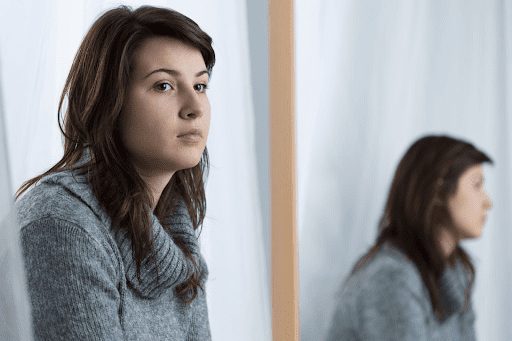Minor depression has not always been distinctly recognized in diagnostic guides. Also, as research improves the overall understanding of mental health disorders, guidance and definitions of disorders shift to match newer findings. As such, the definition of minor depression lies in the comparison to other recognized disorders and to non-pathological human experiences that conjure similar emotions, such as sadness or grief.
Read on to learn what minor depression is, how to distinguish minor depression from other disorders with similar features, and review both minor and mild depression treatments.

The clinical difference between minor depression and major depression is how many symptoms are present. Minor depression may also be known as subclinical depression. This means that relevant symptoms are present but not enough to qualify for a diagnosis of major depressive disorder MDD. For major depressive disorder to be diagnosed, at least five symptoms must be present most days for at least two weeks.
Minor depression may be present when an individual has between two and four depression symptoms causing functional impairment. Also, no manic, hypomanic, or mixed episodes occur with these depression symptoms. Minor depression may eventually develop into major depressive disorder, especially if left untreated.
A Diagnosis of Major Depression Must Include One or Both of the Following:
Other Symptoms May Include:
Minor depression may look similar to other mental health issues: grief, persistent depressive disorder, and major depressive disorder with mild symptoms. All share features of minor depression but can be distinguished by a few essential criteria.
While both minor and mild depression are less severe conditions, they do not necessarily have a minor impact on an individual’s life. Treatment can help individuals cope with symptoms and prevent the risk of a more severe disorder from developing. But symptom monitoring can be appropriate if an individual does not want to begin treatment right away.
Mild depressive disorder has more symptoms than minor depression, so antidepressants may be beneficial. And despite minor depression being less severe, medication may be worth considering.
The improvement needed to alleviate minor depression is not great, and antidepressants may relieve symptoms in a matter of weeks. Antidepressants may also be warranted when an individual does not show enough improvement after a period of psychotherapy.
Psychotherapy alone may do enough to improve symptoms of mild major depression that antidepressants are not necessary. But studies are less clear on how helpful psychotherapy may be for minor depression. An individual’s preferred treatment may also have an impact that is difficult to measure accurately.

Minor depression may not be fully recognized as a disorder, but significant depression symptoms can still disrupt an individual’s life. With a better understanding of the continuum of depression, individuals can learn to recognize and address symptoms before they take a strong hold.